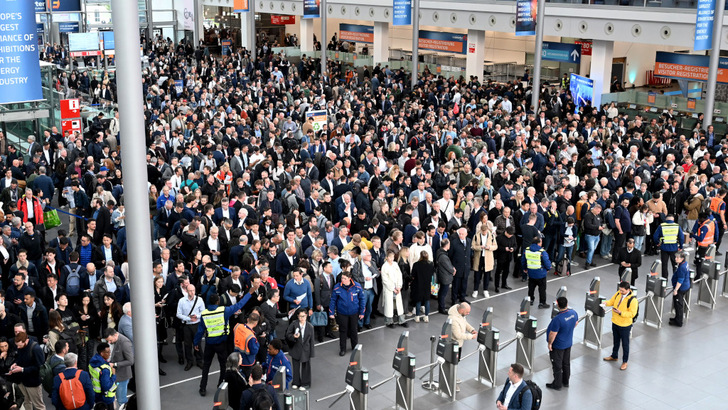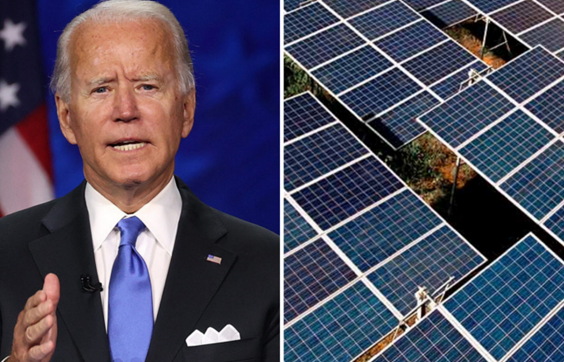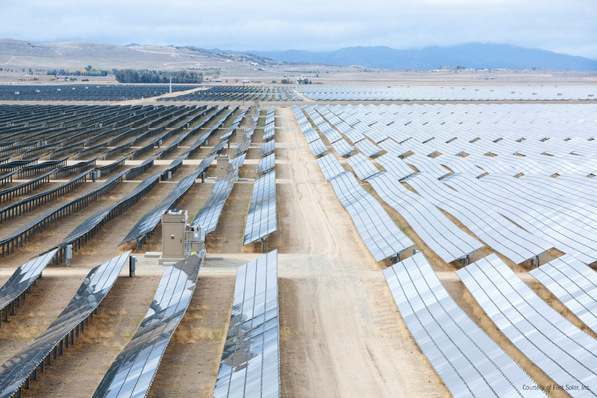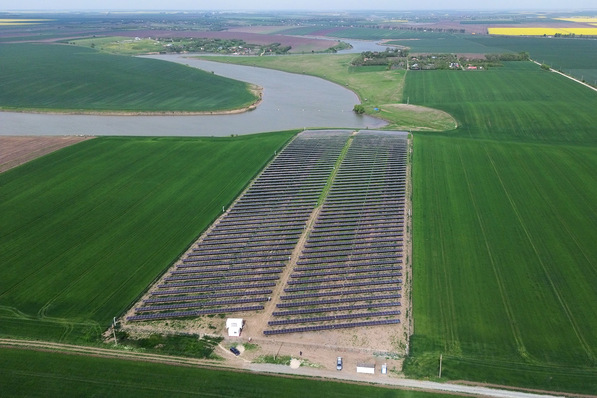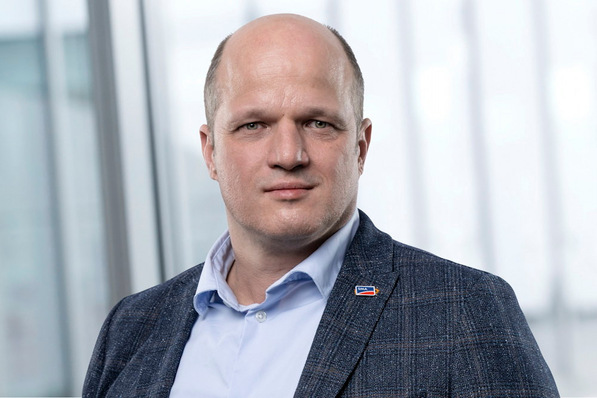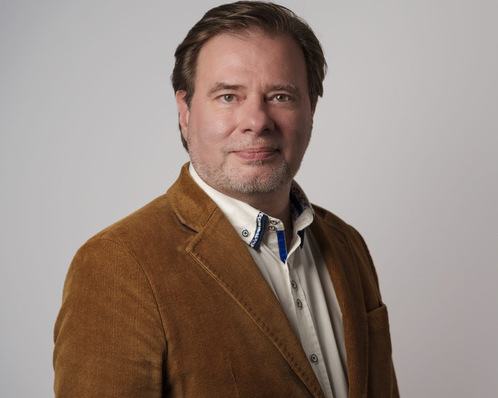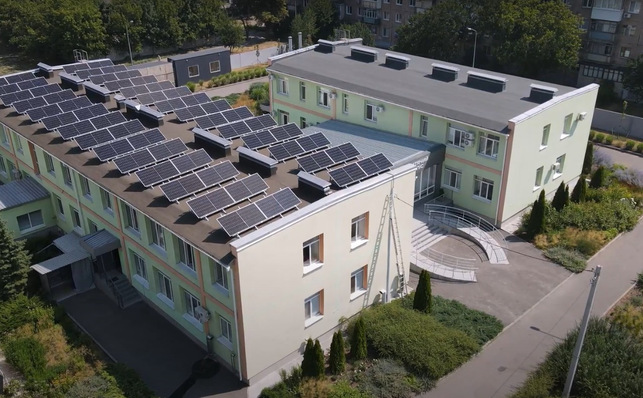TextUntil May 9, a total of 2,737 exhibitors from 57 countries will be showcasing their solutions, applications and business models for a renewable 24/7 energy supply, such as large-scale storage systems, PV hybrid power plants, bidirectional charging solutions, intelligent load management systems, and much more.
Over 100,000 visitors from around 170 countries are expected to attend the event over the coming three days. This year’s edition of The smarter E Europe is making one thing clear: The technologies exist, the business models have been tried and tested, the industry is ready. What we need now is the political will, assertive action and the courage to rethink our energy system.
Next step of the energy transition
According to Walburga Hemetsberger, CEO of SolarPower Europe, the European industry association, renewable energies – and photovoltaics in particular – are the key to energy security and economic resilience. Following the extensive deployment of renewable power generation capacities, the focus must now shift to the next step of the energy transition.
Don`t miss our pv Guided Tours and CEO Talks – LIVE from Munich
“In a world gripped by geopolitical turmoil, one thing is clear: renewables — especially solar PV — are key to energy security and economic resilience. Solar power is local, affordable, and clean. To truly future proof our energy system we need stronger grids, smarter flexibility, and full-scale electrification of industry, transport, and heating. Battery storage is no longer optional — it is essential to tackle curtailment and negative pricing. The payoff? Lower costs, cheaper electricity for consumers, more energy security for Europe. The time to accelerate is now.”
The unrivaled affordability of photovoltaic electricity
Recent market figures speak a clear language: According to Fraunhofer Institute for Solar Energy Systems ISE, the production costs of power from large-scale PV plants in Germany were 4 to 7 euro cents/kWh in 2024, while the production costs from large-scale plants with battery storage were between 6 and 11 euro cents/kWh. Generating electricity with conventional power plants is much more expensive, with coal- and gas-fired power plants incurring production costs of around 15 to almost 33 euro cents/kWh. Nuclear energy is even more expensive, which makes it uncompetitive – on top of all its other disadvantages. One kilowatt hour of nuclear power costs up to 49 euro cents. We can therefore be certain that climate-neutral electricity will continue its road to success.
We now need to think and act strategically
During the opening of The smarter E Europe, Michael Villa, Executive Director at smartEn – Smart Energy Europe, urged EU representatives to think and act strategically. “In the current geopolitical situation, affordable energy, the competitiveness of our industry and energy security must be the EU’s top priorities. To achieve these aims, the renewable energies industry needs to make a strong contribution by creating demand-side flexibility. However, there are still considerable hurdles to be overcome in EU member states. It is indispensable to enable digitally driven business models to operate and scale within a market-based framework. This is a strategic opportunity the EU must not miss.”
The energy transition is all about flexibility
With the global rise in renewable energy adoption, it is becoming increasingly clear that we need to rethink how our energy system works – making it smarter, more flexible and better connected. In this context, battery storage systems are the backbone of the transformation. They make the grid more stable, enable new business models and boost supply security. Electromobility also has a role to play: Thanks to bidirectional charging, car batteries can be used as decentralized storage devices. This approach has already proven successful in some pilot projects, such as one in France. The smarter E Europe 2025 builds on this promising innovative spark by showcasing the potential of bidirectional charging for a renewable 24/7 energy supply in a dedicated special exhibit (hall C6, booth C6.450). (hcn)

